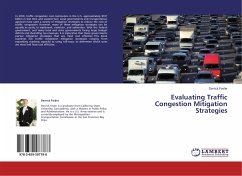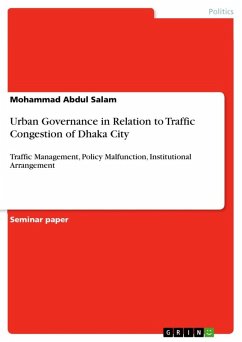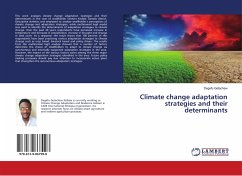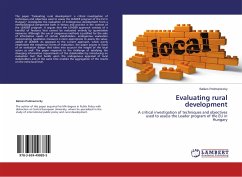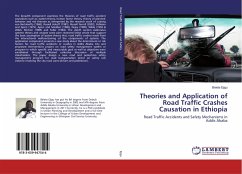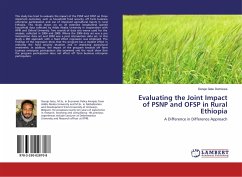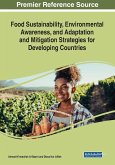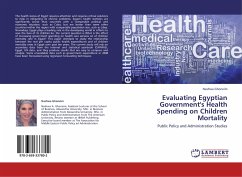In 2010, traffic congestion cost commuters in the U.S. approximately $101 billion in lost time and wasted fuel. Local governments and transportation agencies have used a variety of mitigation strategies to reduce the cost of traffic congestion. However, many of these mitigation strategies can be equally as costly to implement, maintain, and administer. With the federal government, and many local and state governments facing large budget deficits and dwindling tax revenues, it is imperative that these governments pursue mitigation strategies that are most cost effective. This book examines five traffic congestion mitigation strategies ranging from expanding roadway capacity to using toll-ways, to determine which ones are most and least cost effective.
Bitte wählen Sie Ihr Anliegen aus.
Rechnungen
Retourenschein anfordern
Bestellstatus
Storno

